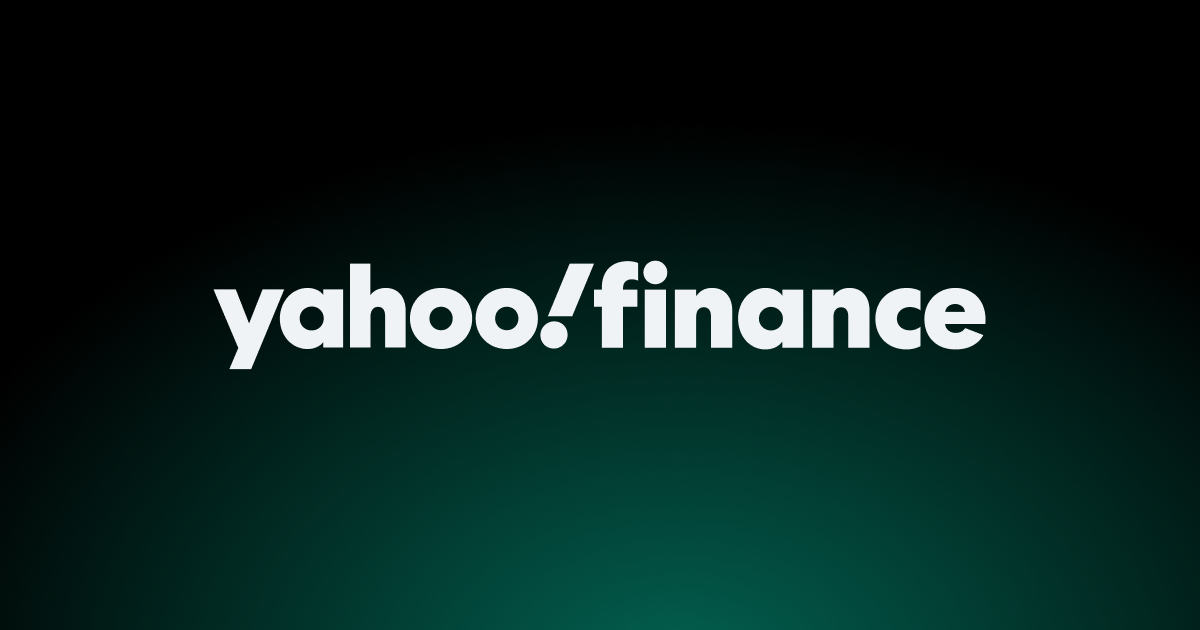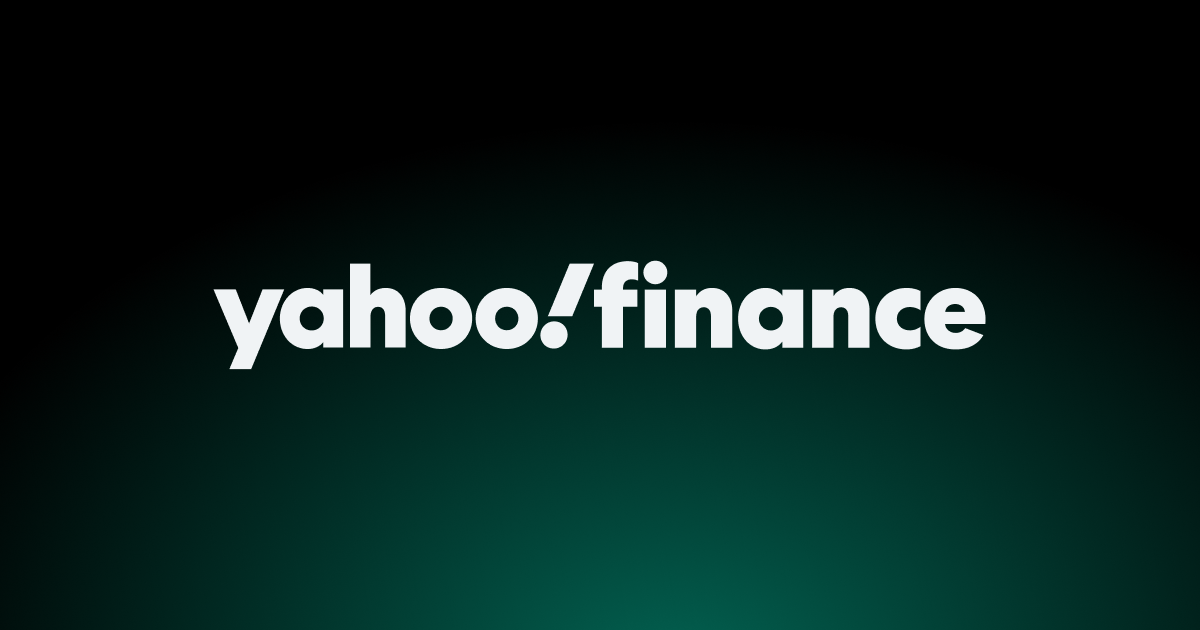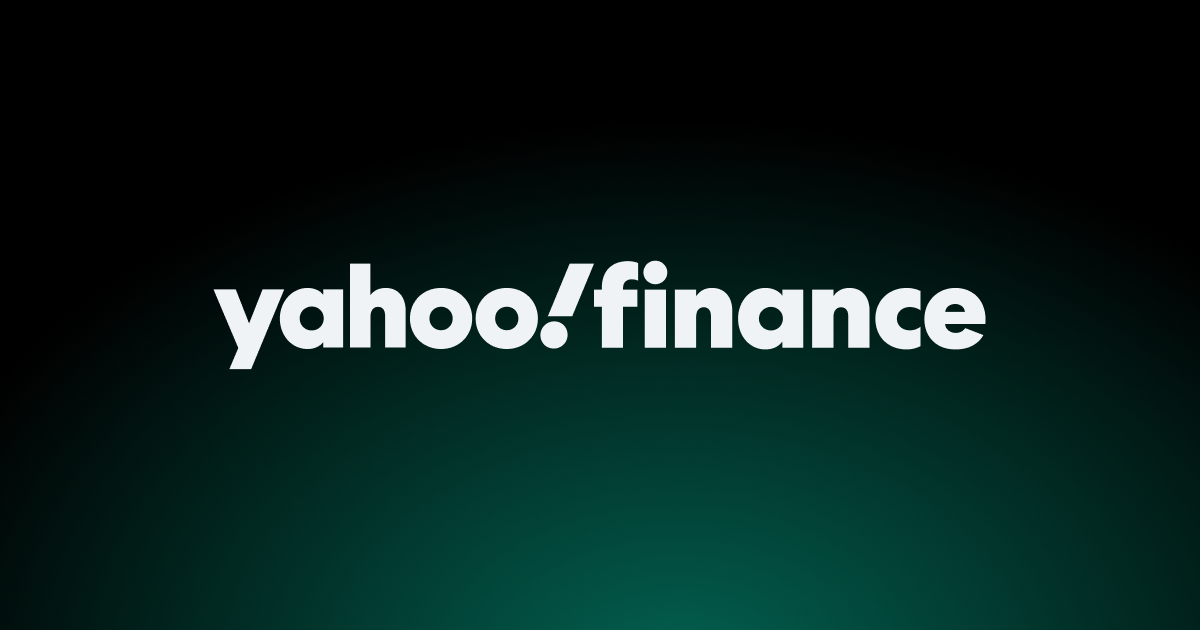In a move that would have sent shockwaves through the tech industry, Mark Zuckerberg once considered spinning off Instagram, a testament to the ever-shifting dynamics of Big Tech. As the calls to break up behemoths like Meta, Google, and Amazon intensify, the notion of a separate entity for Instagram would have allowed the social media giant to maintain its creative and innovative spirit, untethered from the scrutiny and regulatory pressures that come with being part of a massive conglomerate. This intriguing twist has the makings of a fascinating story, one that highlights the complex relationships between power, innovation, and the increasingly complex landscape of Big Tech.
The Rise of Big Tech Scrutiny: Mark Zuckerberg’s Instagram Spin-Off Plan

Mark Zuckerberg, the CEO of Meta, considered spinning off Instagram as a separate company amid growing calls to break up Big Tech companies, according to a 2018 memo that surfaced recently. This revelation comes as the Federal Trade Commission (FTC) seeks to force Meta to sell off Instagram and WhatsApp, highlighting the increasing pressure on Big Tech companies.

Zuckerberg’s Concerns and Antitrust Scrutiny
The Memo that Sparked Concerns
In the 2018 memo, Zuckerberg expressed his concerns about the potential breakup of Meta, stating that there is a “non-trivial chance” that the company will be forced to spin out Instagram and WhatsApp in the next 5-10 years. This memo highlights Zuckerberg’s awareness of the growing antitrust scrutiny faced by Big Tech companies.

Antitrust Scrutiny Intensifies
The FTC is now seeking to force Meta to sell off Instagram and WhatsApp, as part of a new antitrust trial. This move is a clear indication of the increasing pressure on Big Tech companies to address antitrust concerns.
Zuckerberg’s Testimony
Zuckerberg’s testimony in court shed light on his past words and documents, including a 2012 email where he discussed buying Instagram to “neutralize a competitor” and boost Facebook’s quality and functionality. This email highlights the strategic thinking behind Meta’s acquisition of Instagram.
The Acquisition of Instagram: Motivations and Implications
Buying Time and Boosting Facebook
Zuckerberg’s 2012 email reveals that the acquisition of Instagram was motivated by a desire to “buy time” and stay ahead of competitors. He believed that buying Instagram would give Facebook a year or more to integrate its dynamics before any new competitor could reach its scale.
Zuckerberg also testified that the purchase of Instagram was intended to boost Facebook’s quality and functionality, rather than simply neutralizing a competitor. He emphasized that the acquisition was meant to incorporate Instagram’s functionality and stay ahead in terms of quality.
Buying Instagram to Neutralize a Competitor
Mark Zuckerberg’s testimony revealed that buying Instagram was intended to “neutralize a competitor” and give Facebook a competitive edge. In a 2012 email, Zuckerberg told Facebook’s then-CFO, David Ebersman, that a purchase of Instagram and other startups could be looked at as a way for Facebook to buy time. “Even if some new competitor springs up, buying Instagram, Path, Foursquare etc. now will give us a year or more to integrate their dynamics before anyone can get close to their scale again,” Zuckerberg wrote.
Zuckerberg agreed under questioning by the FTC’s attorney that buying Instagram was intended to “neutralize a competitor,” but he added that the purchase was also meant to boost Facebook’s quality and functionality. ”I read this as talking about incorporating the functionality and staying ahead in terms of quality. But scale is one aspect of that, and time is one aspect of that,” Zuckerberg testified.
Boosting Facebook’s Quality and Functionality
The acquisition was also meant to enhance Facebook’s quality and functionality, with Zuckerberg testifying that scale and time were important aspects of the decision. By acquiring Instagram, Facebook aimed to improve its photo-sharing capabilities and stay ahead of its competitors.
The Struggle to Build a Photo-Sharing App
Zuckerberg’s testimony highlighted Facebook’s struggle to build its own photo-sharing app, leading to the decision to buy Instagram instead. “Building a new app is hard,” Zuckerberg testified, “and many more times than not when we have tried to build a new app, it hasn’t gotten a lot of traction.” Facebook’s analysis of building versus buying a camera app led Zuckerberg to conclude that Instagram was “better at that, so I thought it was better to buy them.”
Practical Implications and Analysis
The Future of Meta and Instagram
The FTC’s request to force Meta to sell off Instagram and WhatsApp raises questions about the future of the companies and their relationships. The potential spin-off of Instagram as a separate company could have significant implications for Meta’s business strategy and competitive position.
Antitrust Scrutiny and Big Tech
The increasing pressure on Big Tech companies to break up or sell off their subsidiaries highlights the changing landscape of antitrust scrutiny. The trial between Meta and the FTC marks a significant shift in the regulatory environment, with major implications for the future of Big Tech.
The Role of Big Tech in Society
The controversy surrounding Big Tech companies and their impact on society raises important questions about the role of technology in our lives. As the debate around antitrust scrutiny continues, it is essential to consider the broader implications of Big Tech’s dominance and its effects on the economy and society as a whole.
Conclusion
In a shocking revelation, Mark Zuckerberg considered spinning off Instagram, a move that would have far-reaching implications for the tech giant. According to Yahoo Finance, this decision was sparked by increasing pressure to break up Big Tech, a movement gaining momentum in recent years. The article highlights the calls for antitrust action against Meta, Facebook’s parent company, citing its vast market dominance and potential stifling of competition. Key to this discussion is the potential for Instagram to operate independently, allowing it to focus on its core business and fostering innovation.
The significance of this development cannot be overstated. If successful, a spin-off would mark a significant shift in the way we perceive Big Tech and its role in the digital landscape. It would also send a powerful message to regulators and investors that even the largest tech companies are not immune to the changing tide of public opinion and regulatory scrutiny. As the antitrust debate continues to gain traction, it is essential to consider the long-term implications of such a move. Will it pave the way for more competition and innovation, or will it merely create a new, albeit smaller, monopoly? Only time will tell.
